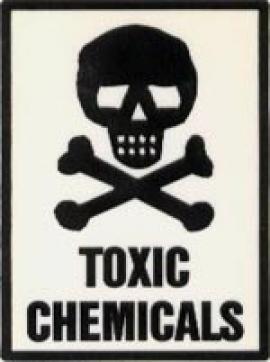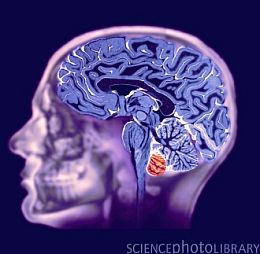As I write this, we still don’t know if Jared Loughner had been diagnosed with a mental disorder before his weekend shooting rampage. Loughner is the 22 year-old accused of wounding U.S. Rep. Gabrielle Giffords (D.-Ariz.) and killing a federal judge along with five others in Tuscon. 
The Washington Post and New York Times both reported that officials at Pima Community College told Loughner and his parents in October that he would not be able to continue as a student until he obtained a clearance from a mental health professional that certified he was not a danger to himself or others.
That revelation certainly implies that Loughner was exhibiting symptoms of a mental disorder, but no one should automatically assume that.
Stories such as Loughner’s are upsetting to those of us who have loved ones with mental illnesses. That’s especially true if your loved one has tangled with the police while psychotic because you know how quickly an incident can turn violent.
If it turns out that Loughner did have a diagnosed mental disorder, I hope the National Alliance on Mental Illness (NAMI), Mental Health America (MHA), and other leading advocacy groups do not run for cover.
Instead, they should follow the example that NAMI Ohio set last week when Sheriff’s Deputy Suzanne Hopper, age 40, the mother of two children, was murdered by a man with a severe mental illness.
 how she was helping persons with mental disorders find supportive housing in Fairfax County, Virginia.
how she was helping persons with mental disorders find supportive housing in Fairfax County, Virginia.  Mental illnesses do not observe holidays. But I do.
Mental illnesses do not observe holidays. But I do.




